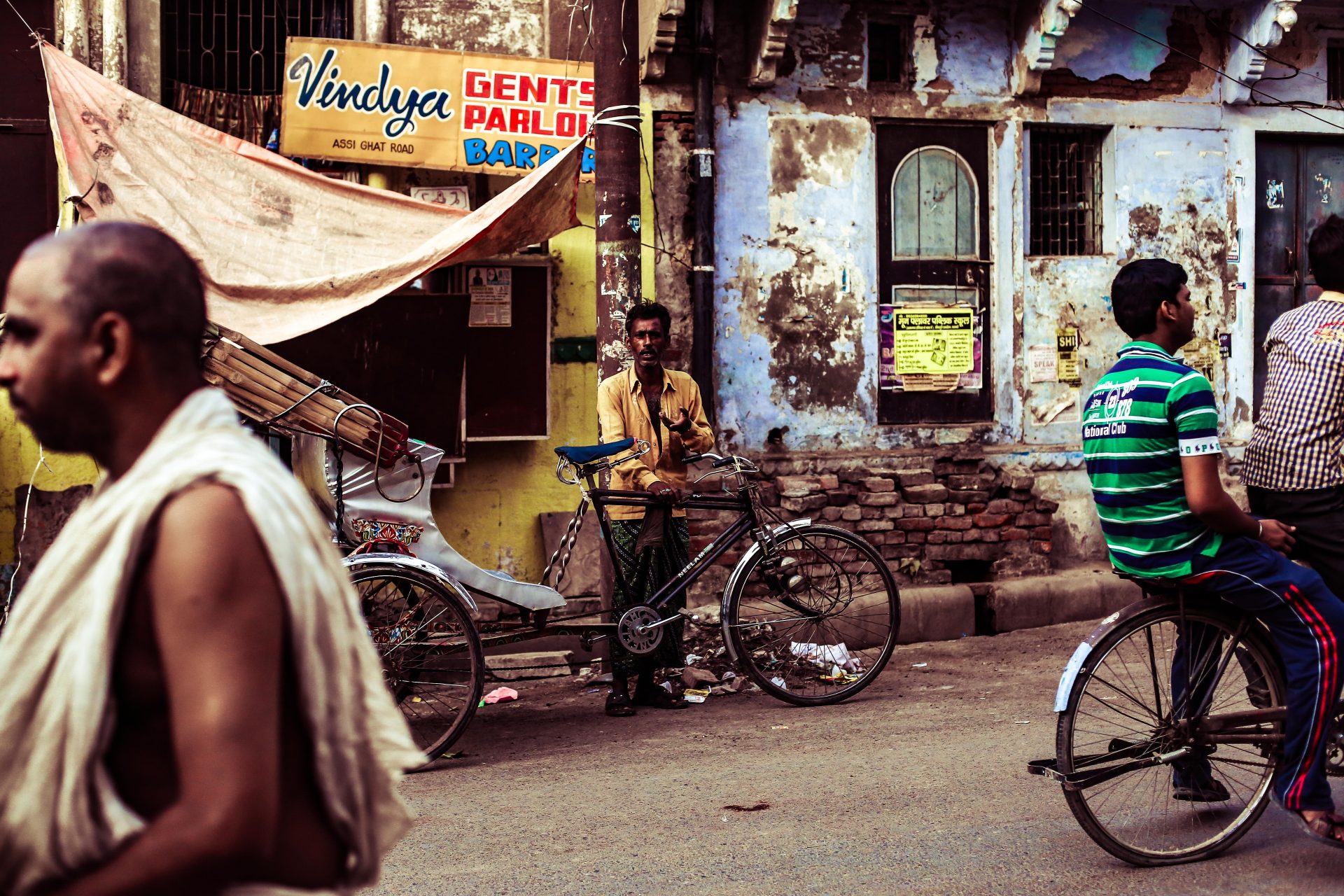by Prof.Shivaji Sarkar
The triple tragic decisions on the economic front – note ban, GST and the unplanned lockdown, and to add to it a penalizing approach being built into the system is adding to a deepening rather unprecedented economic crisis in India.
The state and central governments are in debt trap. The people are being forced to manage in a cash crunch economy with high doses of multiple taxes, tolls, cess, user fees, penalties, wage-job losses and severe inflation. The state system is becoming usurious. And after a year of lockdown, the trekking of at least 10 crore people with their kids crisscrossing highways and expressways across India is being forgotten in the din of election promises. Some of them like Berjon Pahadia walked for seven months to cover 1200 km from Delhi back to Jharkhand. Most of them till today do not have a job. A few are sustaining on MGNREGA or food doles.
About 68 percent of the workers, CMIE says, had a fall in income between December 2019 and August 2020. Women were badly hit, particularly in the lower strata, and 56 percent of them remained jobless at least till December 2020. Earnings had reduced to half and a large number of people have cut food consumption. No wonder India ranks 94 among 107 countries in Global hunger index 2020 and is in serious category with 27.2 points.
In a pandemic- affected scenario, children and youth are the worst sufferers as their life has come to a standstill because their online schools, colleges and universities are dysfunctional. The private budget schools, over 20,000 or more in UP alone, have put down shutters causing loss to about five lakh low-paid teachers and others because of lockdown and the students do not have capacity to pay the fees.
It does not stop there. Most MSMEs are still gasping and majority of them are yet to be operational. It has become an election issue in Tamil Nadu, where nine lakh MSMEs were shut during lockdown. Many are still closed because the migrant labour is yet to return and raw material, fuel prices and transportation costs have increased.
Those who feel that online education is a success live in utopia. Except in some elite schools in metros it has not succeeded because the students do not have smart phone or share one phone among three to four siblings, if at all there is internet connectivity in the rural hinterlands. The rising data cost is yet another deterrent.
Online education is the biggest issue because net connectivity is more an illusion than reality in three-fourths of the country. A digital system forced during the lockdown is not helping India but giving rise phenomenally to cyber phone frauds and costs on the families.
The farmer is piqued by rising cost of DAP fertilizer by Rs 300 a bag even as overall costs of farm inputs are increasing along with operational cost of diesel pump sets or other equipment due to continuous rise in petrol prices causing a chain reaction on prices of all commodities. It is an irony that crude prices are falling but domestic petrol prices are being hiked.
So are many metals including steel prices, which are being continuously increased by private producers. The industry and individuals are into trouble as the moratorium granted on loans were not being honored till a few days ago the Supreme Court clears the uncertainty over loan moratorium and bad loan classification.
Even the rupee is weakening and stock market is in distress as the benchmark Sensex plunges and broader market is falling amid fears of fresh lockdown in India and across the globe and delay in economic recovery. Globally stocks are in bear hug as supposed covid19 cases are stated to be increasing. It speaks of poor industrial and finance sector recovery.
The gold and silver are losing their shine every day. Since January high of Rs 50,350, gold has plummeted to Rs 44,350 and silver to Rs 64,607.
India needs a caring society, a humane government and a system that can sustain all. But instead the system has become oppressive with forced introduction of schemes like fast-tag, doubling the charges on nonfast-tag vehicles, unnecessary HSRP car plates through an official diktat, severe hike in rail fares and reduction of train services for no rhyme or reason. These are becoming inflationary for goods, food items, edible oils and even car makers have increased the prices as their transportation costs rise.
Off and on irrational localized or regional lockdowns, penalties for not wearing masks and harassment by the administration for e-passes or sudden checks for corona or similar whimsical methods have brought the economy and society under severe strain as rent-seeking becomes a norm.
Forcing new labour code amid a distressed economic system, a 12-hour shift, changing wage rules and conditions without a discussion have accentuated the problems. Penalizing people has become a passion. The latest is to announce nullifying of PAN card if it is not linked to Aadhar as also a penalty of Rs 1000 and increased income tax action on some ten-year-old violations.
Also, is introducing a vehicle scrapping policy causing severe distress to individuals, who spend a lifetime of their investments on vehicles. The oppressive methods to harass citizens already hassled by an illusory disease add to the woes.
While some industries like pharmaceuticals, vaccine and IT are thriving, overall the entire society is crumbling due to rules and orders issued at the whims and fancies of the administration as also fresh lockdowns, say Nomura and Axis bank economists. The situation is critical and the remedies are eluding. A distressed government is in a quandary. Each of its methods is stuck in poor finances, poorer vision and quagmire of rules. Unless the system takes a practical and humane view, turns the NITI Ayog into a functional planning body and parliamentarians raise the right issues, the country may get into deeper crisis. Yes, institutions have become less functional and must be revived through a vibrant discussion that now is shunned. The arrogance of a ‘know-all’ system has to come to an end.
A veteran journalist and media academician, Prof. Shivaji Sarkar is Head- Dept. of Mass Communication, Mangalyatan University, Aligarh (UP). He specializes in writing on financial matter


